Market Share
Vitamin C Market Share Analysis
In the Vitamin C market, companies employ diverse strategies to position themselves effectively and gain a competitive advantage. One prominent approach is product differentiation, where companies focus on offering unique and high-quality Vitamin C supplements. This could include innovative formulations, added health benefits, or distinctive delivery methods that set their products apart from competitors. By providing consumers with a compelling reason to choose their brand, companies aim to secure a larger market share.
Cost leadership is another key market share positioning strategy in the Vitamin C market. Companies strive to become efficient producers, optimizing manufacturing processes and supply chain management to lower production costs. This allows them to offer competitive pricing for their Vitamin C products, attracting price-conscious consumers and gaining a foothold in the market.
Market segmentation plays a crucial role in the Vitamin C industry. Companies analyze the diverse needs and preferences of consumers, tailoring their products to specific market segments. This targeted approach enables companies to address niche markets effectively, such as those seeking specialized formulations like time-release or natural-sourced Vitamin C supplements. By catering to specific consumer segments, companies can enhance their market share in these specialized areas.
Strategic partnerships and collaborations are pivotal for market share positioning in the Vitamin C market. Companies often form alliances with retailers, health professionals, or influencers to expand their reach and credibility. Partnering with trusted entities in the healthcare or wellness sector can enhance a company's reputation and contribute to increased market share by leveraging the partner's existing customer base.
Innovation is a driving force in the Vitamin C market, with companies continually researching and developing new products. This includes developing novel formulations, improving absorption rates, or incorporating Vitamin C into different delivery formats. Innovative products can capture consumer interest, drive brand loyalty, and ultimately contribute to a higher market share.
Building a strong brand is integral to market share positioning in the Vitamin C industry. Companies invest in marketing campaigns that emphasize the quality, purity, and effectiveness of their Vitamin C supplements. Establishing a positive and recognizable brand image not only fosters customer loyalty but also attracts new consumers, boosting overall market share.
Furthermore, companies in the Vitamin C market often emphasize sustainability and ethical practices as part of their market share positioning strategy. As consumers become more conscious of environmental and ethical considerations, companies that prioritize sustainable sourcing, eco-friendly packaging, and ethical business practices can gain a competitive edge and appeal to a growing segment of environmentally conscious consumers.


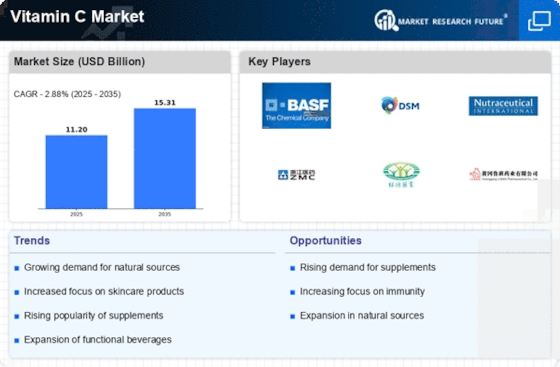

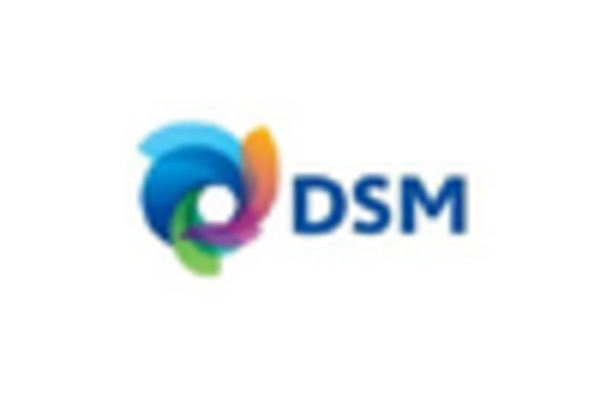
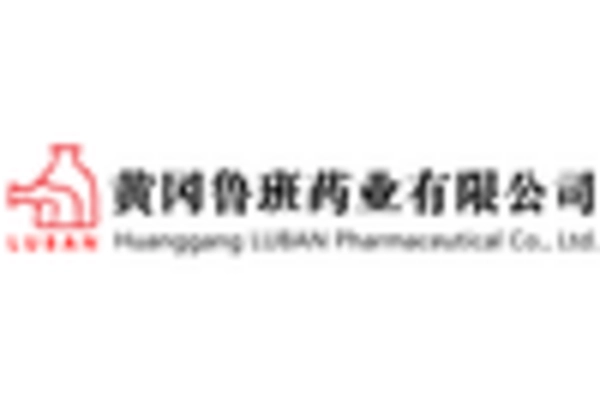
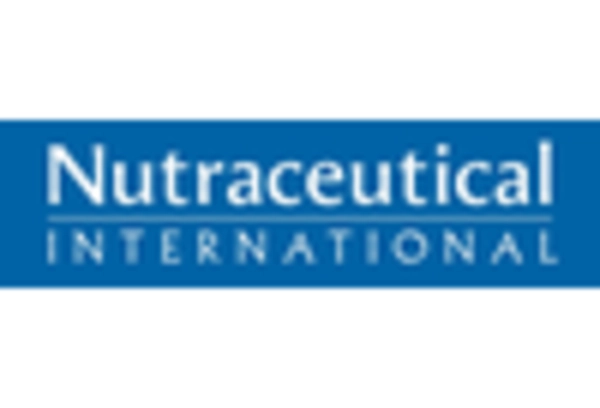

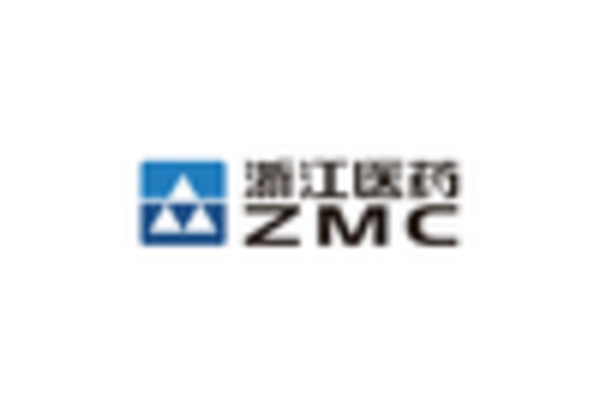









Leave a Comment